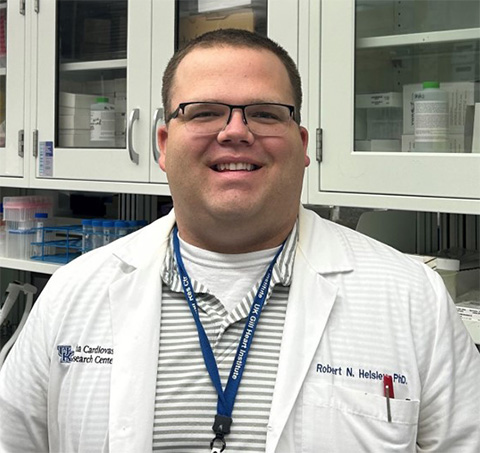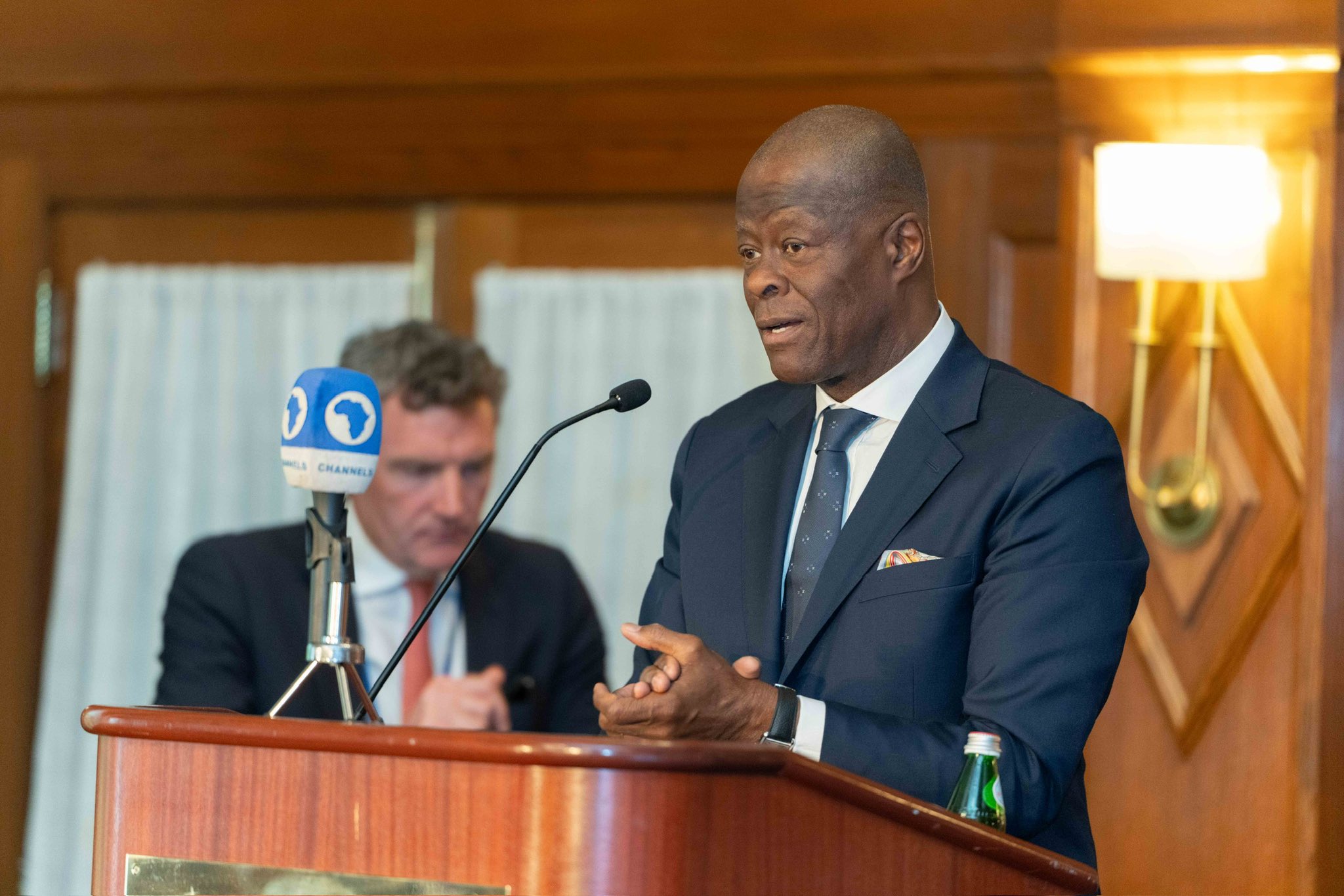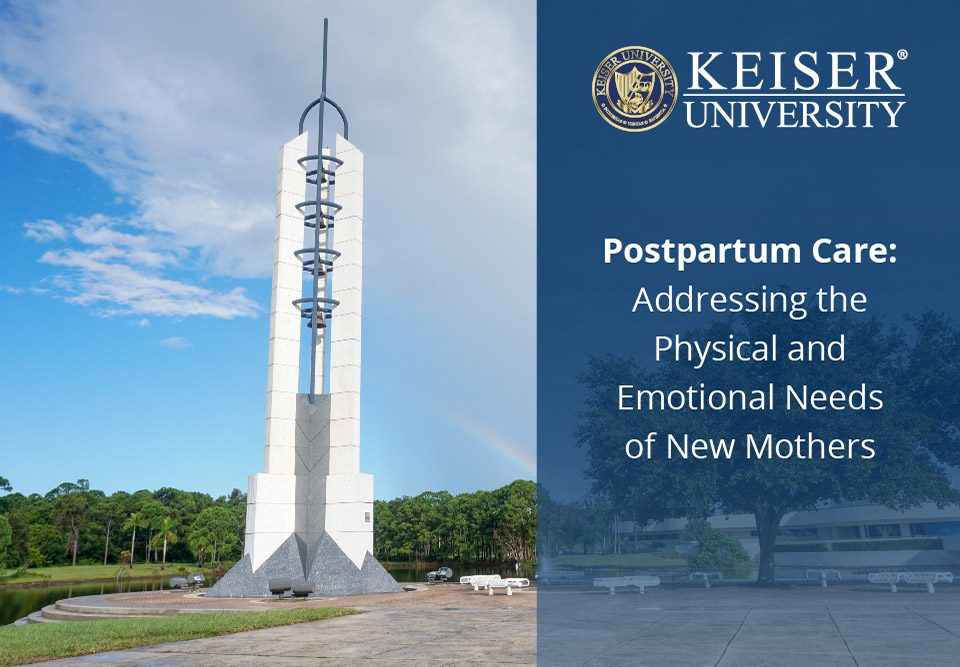Meet Robert Helsley
Robert “Nate” Helsley is an assistant professor in the division of endocrinology, diabetes and Metabolism within the department of internal medicine at the University of Kentucky College of Medicine. He also serves as a junior associate editor for the American Society for Biochemistry and Molecular Biology’s .Helsley completed postdoctoral fellowships at the Cleveland Clinic and the University of Kentucky. Between postdocs, he gained experience managing clinical trials at both the University of Cincinnati and Medpace, a contract research organization based in Cincinnati that specializes in developing clinical therapeutics. His research focuses on understanding how long-chain fatty acid oxidation disorders contribute to obesity and nonalcoholic fatty

Robert Helsley
Helsley recently spoke ASBMB Today about his research and involvement with JLR.
This interview has been edited for style, clarity and length.
Exploring the unknown. I guess it sounds cliche, right? But being able to do things that are different on a day-to-day basis, and exploring things that people have not yet discovered is what drove me to be a scientist.
Our lab is primarily focusing on aspects of chronic liver disease. We study everything from simple steatosis of the liver to the full spectrum of hepatocellular carcinoma. One project that we have ongoing in the lab is characterizing the tumor and adjacent nontumor tissue from human samples, and we have some unique fatty acid profiles across those that we're trying to exploit for therapeutic benefit. We also work in the adipose tissue space, obesity and atherosclerosis.
I generally stay informed nowadays using social media, particularly through Twitter/X. I follow a lot of journals that push new press releases out before I see the articles pop up on PubMed. I also track topics through Google Scholar.
The work can be anything really lipid focused, from neurological disorders to metabolic syndrome, all with an underlying theme of lipid phenotypes and how they intersect and contribute to disease etiology. The work can also be lipid-based papers that are not necessarily centric to a specific disease model or disease type.
I was thrilled because there are a lot of people I know who have served on the editorial board for JLR, a lot of scientists who I look up to in the lipid space. I was really excited about being able to contribute my own expertise to make the journal better.
I think it's going great. It allows me to see different perspectives on what the senior editors are looking for and how they review articles. In this way, it helps me be a better reviewer overall and keeps me up to date on the science too. I love the junior editor program because not many journals have that.
My wife and I like to do things outdoors. We enjoy visiting the Smoky Mountains, hiking, traveling out west and recently picked up fly fishing.
The big thing is to just be effective. I tell my students all the time, I'm not expecting you to be here for 15 hours a day but be effective while you're here. Some of the really good scientists I know strategically plan their day and are effective when they are in the lab. Use your time wisely so you can have a life outside the lab.
I am the only member of my family to attend college, which I take a lot of pride in. The rest of my family have great careers but did not attend college. So, I had to make a new path for myself. I think is one of my greatest accomplishments.










